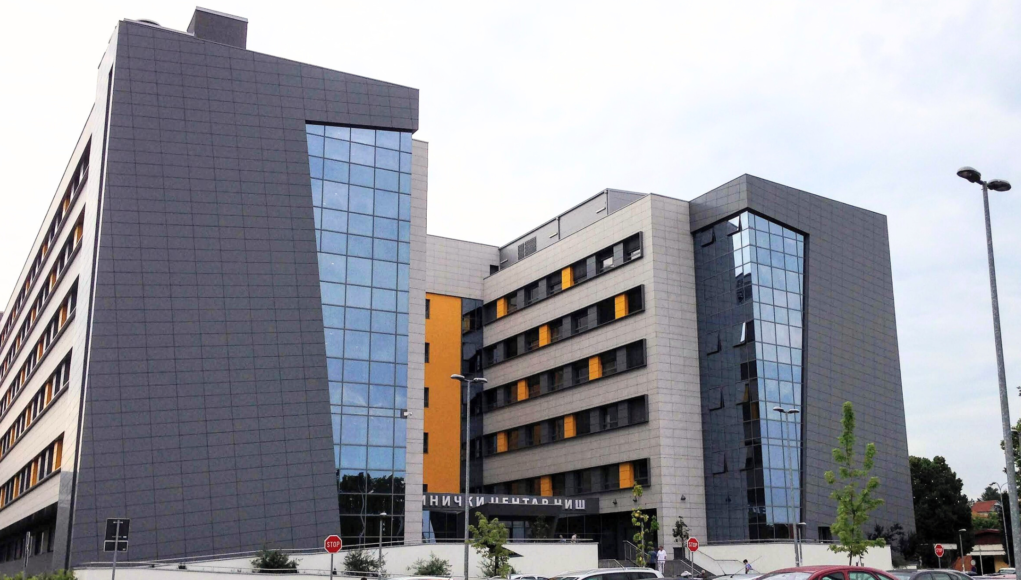Niš – Patients in Niš, Serbia, face years-long waits for medical procedures, reflecting broader healthcare challenges in the region, Serbian news website Južne Vesti reports.
In Serbia’s third largest city, the waiting lists at the University Clinical Center are steadily growing, highlighting the strain on healthcare systems in Serbia. According to the Republic Health Insurance Fund, the number of waiting patients has increased from 1,764 two months ago to 1,925 today. The most significant backlog is for knee prosthesis procedures, with 714 patients waiting, some since 2019 and others scheduled as far out as 2025.
This delay in medical procedures is not limited to orthopedic surgeries. The Cardiology Clinic has 379 individuals waiting for coronary angiography, all scheduled for this year, with plans to complete the procedures by the end of 2023. Additionally, 296 patients are awaiting cataract surgery at the Clinic for Ophthalmology, with the last appointment set for March next year.
In Serbia, healthcare is primarily funded by the government through the Republic Health Insurance Fund (RFZO). All employed citizens are required to contribute a portion of their income to the fund, which in turn provides them with access to a range of medical services. Despite this, the Serbian healthcare system faces significant challenges, including underfunding, outdated medical equipment, and a shortage of medical professionals. Many doctors and nurses have left the country for better opportunities abroad, exacerbating the staffing issues.
Additionally, patients often face long waiting times for specialized medical procedures, as evidenced by the situation in Niš. Private healthcare is available in Serbia, offering faster and more personalized care, but it is financially out of reach for many citizens, further highlighting the disparities in access to healthcare services in the country.
The situation in Niš is emblematic of broader healthcare challenges in the region. Southeast Europe, including Serbia, has faced significant healthcare strains, exacerbated by limited resources, understaffing, and the ongoing impact of the COVID-19 pandemic. These factors contribute to the extended waiting times for patients needing various medical procedures, impacting their quality of life and overall health outcomes.
Despite these challenges, healthcare workers are making notable efforts to address the situation. At the Clinic for Cardiac Surgery in Niš, doctors have been operating on weekends without payment to reduce the waiting lists. Currently, 15 patients are waiting for bypass installations, and three for artificial valve installations at the clinic.
Dr. Milan Lazarevic from the Clinic for Cardiac Surgery notes that when there are fewer than 30 people on the list, it is considered an appointment list rather than a waiting list. However, the growing numbers in Niš tell a different story, underscoring the urgent need for healthcare system improvements to address the mounting patient backlogs for various medical procedures.
Source/s: juznevesti.com
Image source: Intemedichbo / Wikimedia
The Southeast European Observer participates in the Amazon Services LLC Associates Program. While we strive to provide our readers with unbiased and reliable information, please be aware that any purchases made through Amazon affiliate links on our site generate a small commission for us at no extra cost to you. This helps support our platform and allows us to continue delivering quality content to our readers.
We ensure that the presence of Amazon affiliate ads does not influence our editorial content, and no affiliate links are included within the text of our articles.











